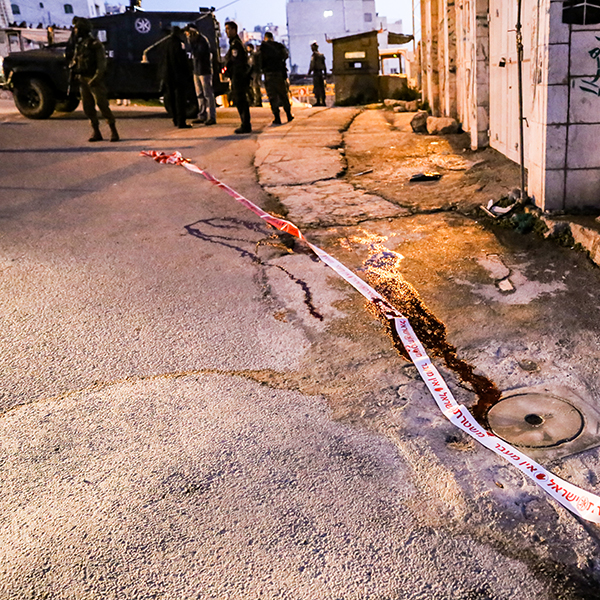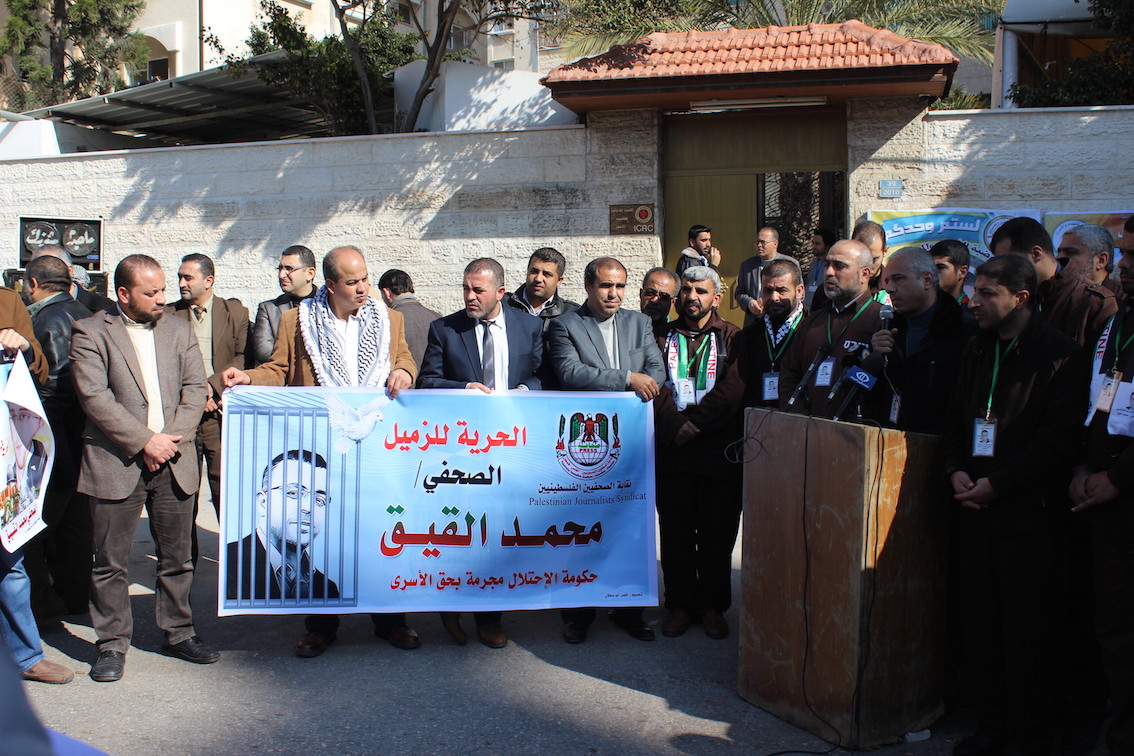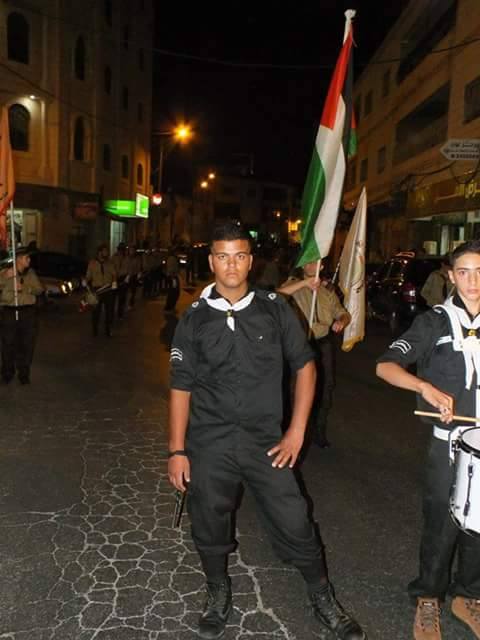Tag: Prisoner
-
Children face fear and threat of violence after young woman shot in Hebron
22nd February 2016 | International Solidarity Movement, al-Khalil team | Hebron, occupied Palestine A day after 21-year old Yasmin al-Zarou was gunned down by Israeli forces when passing the Salaymeh checkpoint, many of the children were forced to walk right past where she had layn on the ground bleeding – where her blood is still…
-
Support for political prisoner, Mohamad AlQueeq, after more than 70 days of hunger strike
4th Feburary 2016 | International Solidarity Movement, Gaza Team | Gaza, occupied Palestine Yesterday there were several events in Gaza supporting the Palestinian political prisoner Mohamed AlQeeq, who is actually in the 72nd day of hunger strike and has lost his sight and hearing. Moataz Dalul, spokesman for the prisoners, stressed that “Mohamed AlQeeq is…
-
URGENT Update: Help Hamzeh start 2016 with his family!
30th November 2015 | International Solidarity Movement | Ramallah, occupied Palestine Hamzeh’s family has managed to raise 1880 shekels! This is over half of the amount needed so that Hamzeh can come home in seven days! We still need 564.5 dollars to pay his fine to release him. Hamzeh was taken from his home in…



